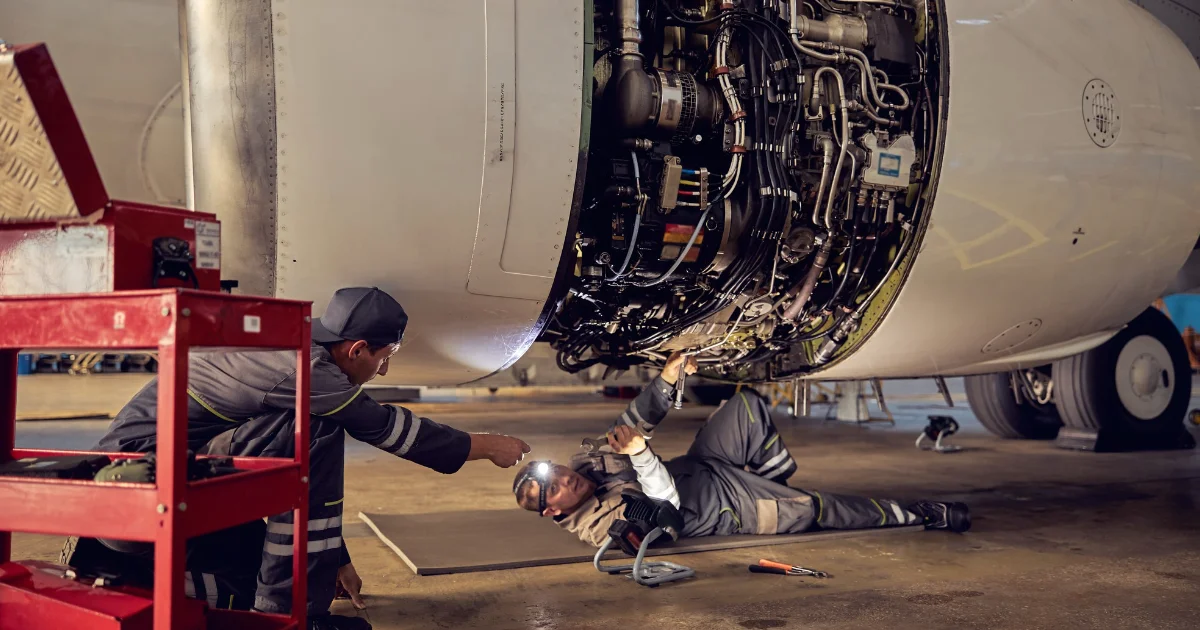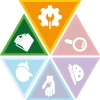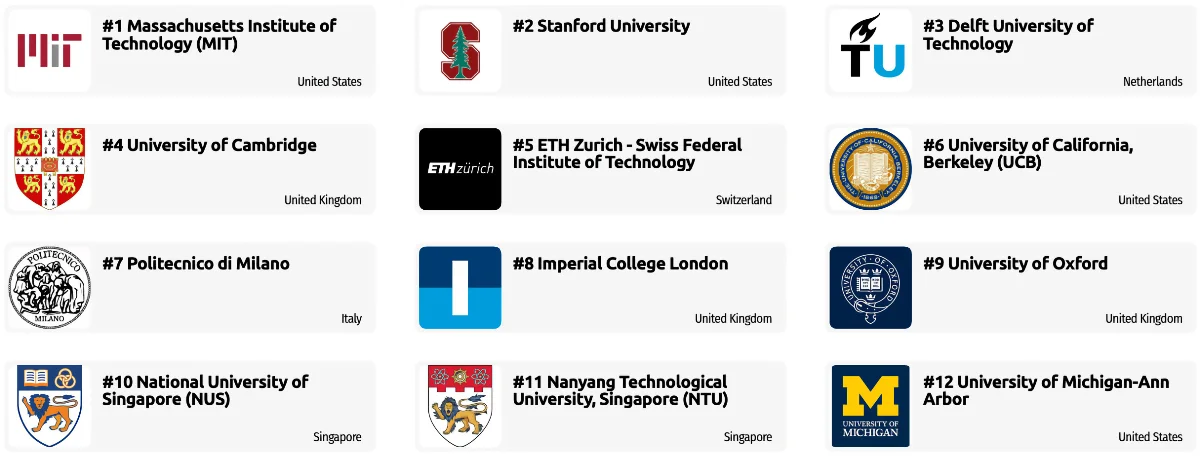Technician
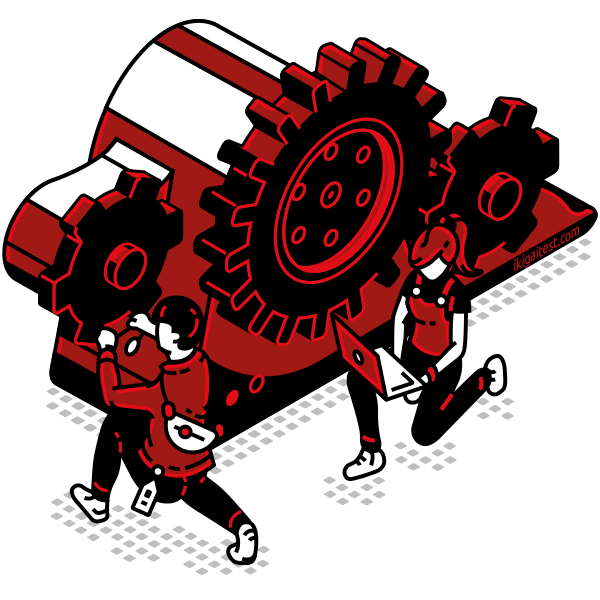
Technicians will often be asked these tasks:
- Providing documentation, detailed instructions, drawings, or specifications to tell others about how devices, parts, equipment, or structures are to be fabricated, constructed, assembled, modified, maintained, or used.
- Using computers and computer systems (including hardware and software) to program, write software, set up functions, enter data, or process information.
- Servicing, repairing, calibrating, regulating, fine-tuning, or testing machines, devices, and equipment that operate primarily on the basis of electrical or electronic (not mechanical) principles.
Supervisor
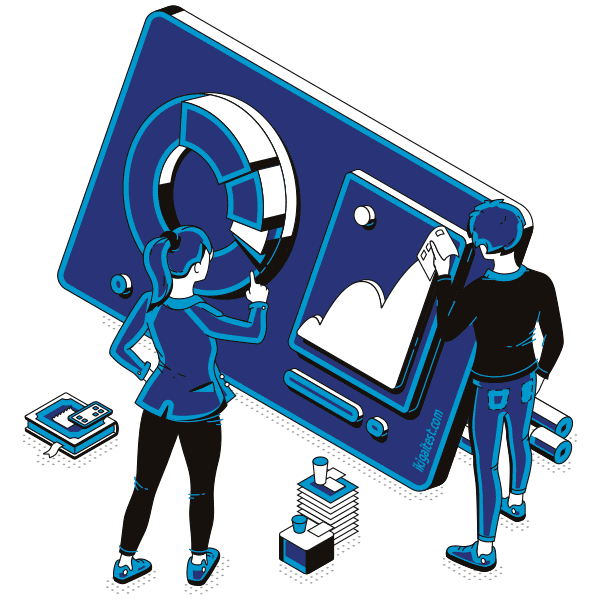
Any supervisor should excel at:
- Monitoring and reviewing information from materials, events, or the environment.
- Detecting or assessing problems whether real or potential.
- Monitoring and controlling resources and overseeing the spending of money.
Other work activities related to Aircraft mechanics and service technicians
- Reading and interpreting maintenance manuals, service bulletins, and other specifications for determining the feasibility and method of repairing or replacing malfunctioning or damaged components.
- Inspecting completed working for certifying that maintenance meets standards and that aircraft are ready for operation.
- Maintaining repairing logs, documenting all preventive and corrective aircraft maintenance.
- Conducting routine and special inspections as required by regulations.
- Examining and inspecting aircraft components, including landing gear, hydraulic systems, and deicers for locating cracks, breaks, leaks, or other problems.
- Inspecting airframes for wear or other defects.
- Maintaining, repairing, and rebuilding aircraft structures, functional components, and parts, such as wings and fuselage, rigs, hydraulic units, oxygen systems, fuel systems, electrical systems, gaskets, or seals.
- Measuring the tension of controlling cables.
- Replacing or repairing worn, defective, or damaged components, using hand tools, gauges, and testing equipment.
